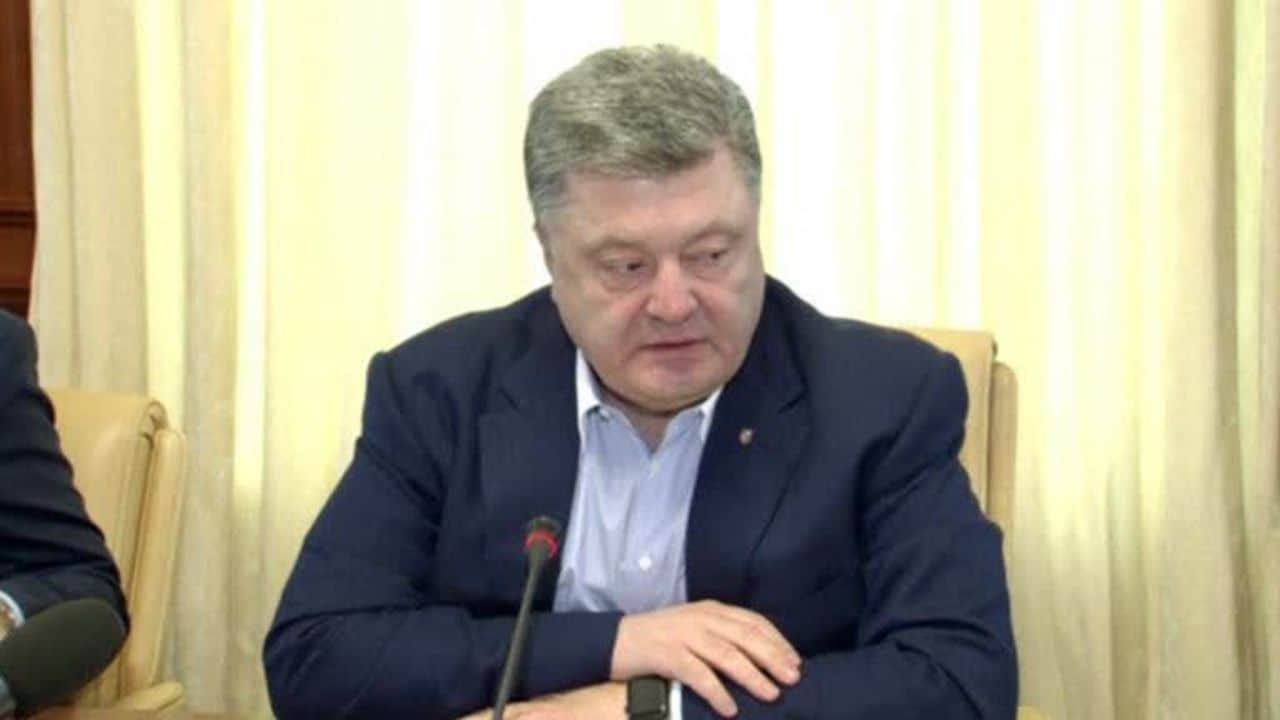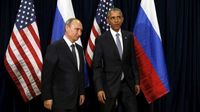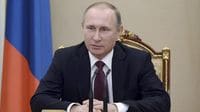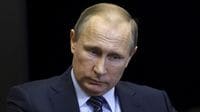
MOSCOW – There are two possible futures for eastern Ukraine’s Donbas region. One could be found under the framework of the Minsk peace process, the series of agreements cobbled together to defuse the showdown between Russia and Ukraine.
Or the region could become the site of a “frozen conflict” of the sort found elsewhere in post-Soviet territory, with low-level skirmishes underscoring the ever-present risk of more serious bloodshed.
For the moment, the process has sunk into a stalemate. Finger pointing by both sides is likely to escalate as the European Union and the United States discuss whether or not to prolong sanctions on Russia. Moving the process forward will require a much more assertive approach by the West.
No signs of “full implementation”
The decision about whether to lift sanctions should not be a difficult one. The condition for doing so has always been described as the “full implementation” of the Minsk agreement. And there are no signs that this will be accomplished by the summer, when the current round of sanctions is set to expire.
It should also be obvious that easing the sanctions would deprive the EU and the US of their leverage over the Kremlin – and their remaining credibility in Kyiv. Such a decision would almost certainly mean a continuation of the conflict, alternating between hot and cold phases.
The biggest bottleneck in the implementation of the Minsk agreement regards Ukraine’s commitment to provide the country with a federalized form of a government. The Kremlin has frequently accused Ukraine of moving slowly, if not deliberately stalling, on the issue.
But while constitutional reform, including decentralization, is included in the Minsk agreement, the text is very vague about what this might entail. Indeed, Russia itself is a perfect example of how constitutional language does not always translate into reality. On paper, Russia is a federation. But President Vladimir Putin has centralized power in his hands.
The key question now is who should represent the regions under de facto Russian occupation as the constitutional process moves forward. The Kremlin, unsurprisingly, wants the regions to be represented by the separatist leaders, who were installed with its blessing and depend on its support to remain in power.
But the government of Ukraine, just as obviously, opposes this, and has made free and fair elections in those regions a precondition for discussing constitutional changes – a stance that is fully compatible with the Minsk agreement.
A fierce diplomatic battle is being fought over who should run these local elections, and under what conditions they should take place. The separatist leaders do not want political parties from the rest of Ukraine to take part. Nor would they like the 1.5 million people displaced by the fighting to other parts of the country to be able to cast ballots. But these conditions should be unacceptable to the government of Ukraine, the EU, and the U.S.
If the Minsk process is to move forward, there seems to be no alternative but to have some sort of international organization run the elections, as has been done in similar cases elsewhere. But setting this up will take time; and, again, it is unlikely to happen before the summer.
If Russia is truly committed to resolving this part of its conflict with Ukraine (its illegal annexation of Crimea remains completely unaddressed), it should not have any difficulty agreeing to an internationally run election. Those running their fiefdoms in eastern Ukraine would certainly oppose such an arrangement, but Putin’s Kremlin is no stranger to dealing with those who disagree with it.
Another important issue concerns security. Russia is involved in supplying and manning key parts of the two army corps that are occupying Donbas, and the Ukrainian government is right to insist on the restoration of its control of the border as a precondition of constitutional changes.
Nobody’s interest
The West should not underestimate its leverage. The Kremlin has put on a brave face regarding when sanctions might be lifted; indeed, it is busily imposing sanctions of its own. But there is no doubt that serious damage is being done to the Russian economy.
Furthermore, output from Russia’s existing oil fields is projected to decline by as much as half over the next decade; as it does, access to the technologies needed to exploit harder-to-extract reserves will become increasingly important. As long as sanctions are in place, such technologies will remain out of reach.
There are certainly some in Russia who might advocate a prolonged, low-level conflict, interspersed perhaps with occasional bursts of military offensives, in the expectation that Ukraine will eventually disintegrate. This would be a serious misreading of the situation, one that could damage Russia deeply, and for a long time to come. For all of its problems, Ukraine is emerging as a more coherent and viable state.
The West must not allow the sanction regime to crumble and the Minsk process to slide into irrelevance. If it does, the ultimate outcome will be a low-level conflict that one day could suddenly become much more serious. And that would be in nobody’s interest.
(C)Project Syndicate




